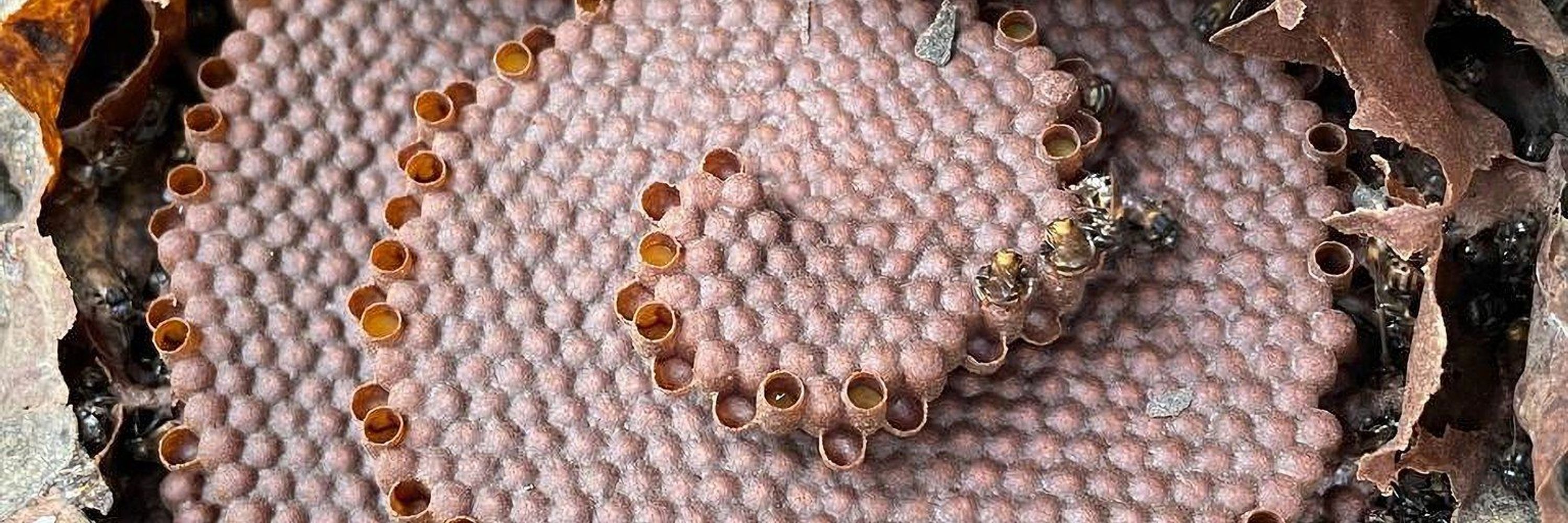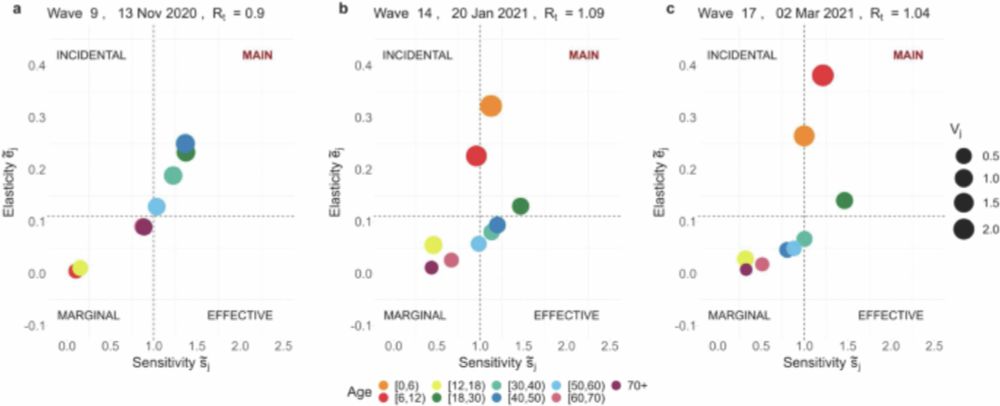Tom Wenseleers
@twenseleers.bsky.social
1.3K followers
900 following
38 posts
Professor @KULeuven - evolutionary biology, theoretical biology & biostatistics (#Rstats). Social insects & microorganisms. Social evolution, self organisation, chemical ecology, statistical machine learning. https://bio.kuleuven.be/eeb/tw/research
Posts
Media
Videos
Starter Packs
Pinned
Reposted by Tom Wenseleers
Reposted by Tom Wenseleers
Reposted by Tom Wenseleers
Tom Wenseleers
@twenseleers.bsky.social
· Mar 18












